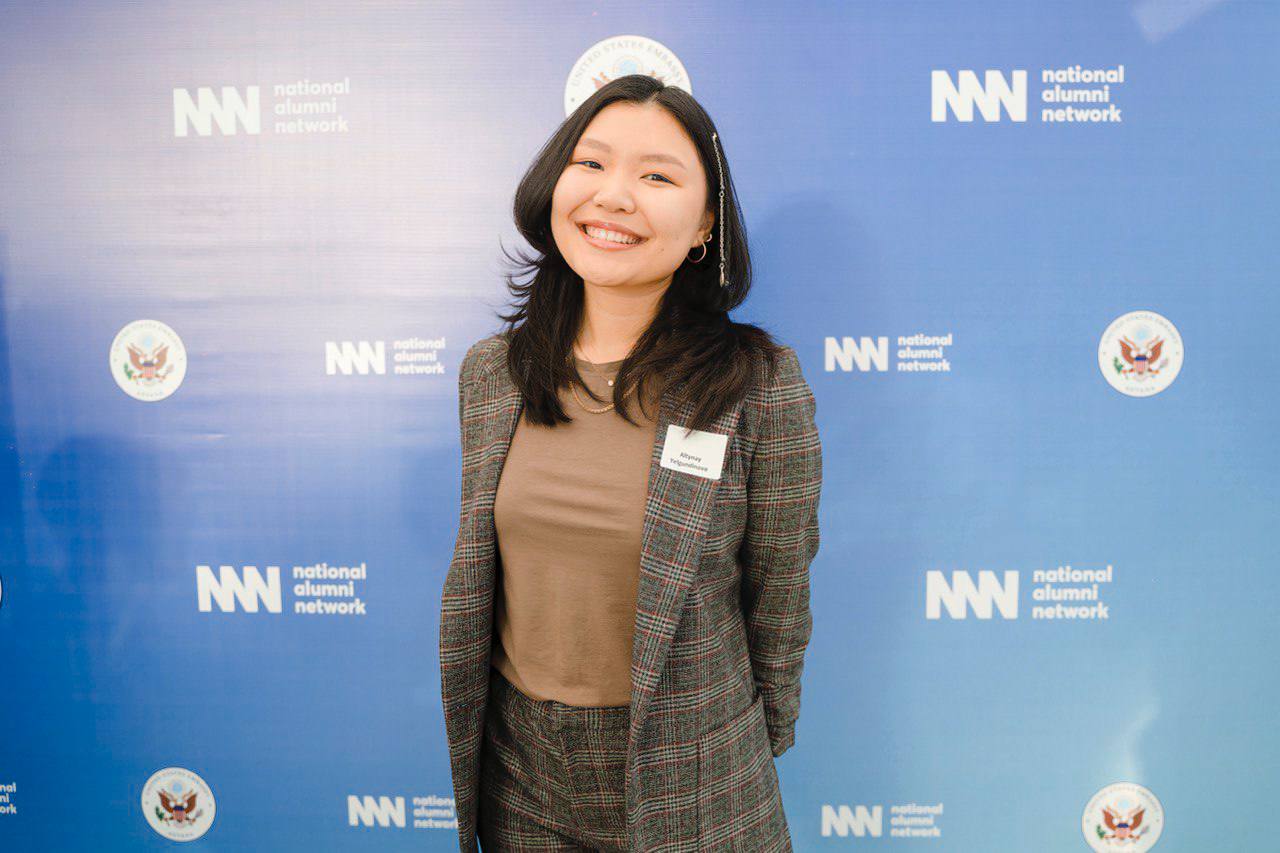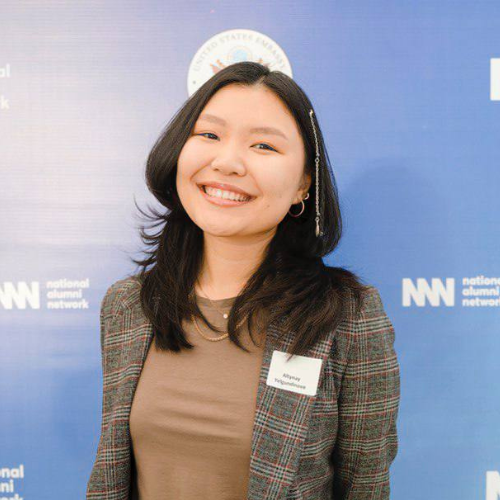Beijing+30 Youth Blog: Without safety at home and work, women do not have the same personal and professional opportunities as men
Date:
Author: Altynay Yelgundinova

I was 21 when I read about the “Dream Gap,” which refers to the disparity between girls and boys’ dreams and the opportunities available to fulfill them. I started self-reflecting and remembered that by the age of nine, I had completely given up the idea of becoming the president of my own company. I unconsciously set aside my aspirations to fit into social standards.
Growing up, restrictive gender norms became my beliefs and pushed me to adopt discriminatory biases towards myself and how I view women in Central Asia. According to the World Bank’s Listening to Kazakhstan household surveys (2022), over two-thirds of respondents believe that women should prioritize caregiving and domestic duties over work outside the home, while men should be the primary breadwinners. Opinions like these discourage women's full participation in the labour market, which in turn impacts our region’s economic development.
The Beijing Declaration and Platform for Action underscores that “women’s empowerment and their full participation on the basis of equality in all spheres of society, including participation in the decision-making process and access to power, are fundamental for the achievement of equality, development and peace.” Central Asian governments have taken this issue in stride and have started to raise awareness about women’s economic empowerment. They have also introduced measures such as subsidies for women’s education in male-dominated fields, increasing the duration of parental leave, and introducing new forms of health insurance. All these actions are vital in accelerating progress towards gender equality in Central Asia.
Maslow’s Hierarchy of Needs introduces the idea that a person has five categories of needs: physiological needs, safety and security, love and belonging, self-esteem, and self-actualization. They are hierarchical, and we can only move on to prioritizing subsequent ones by satisfying our basic needs. The need for safety and security, which includes health, employment, property, family, and social ability, comes right after our most basic physiological needs.
Yet, women in Central Asia do not feel safe. The main victims of domestic violence in the Republic of Kazakhstan are women (more than 77.9%), children (17.52%), elderly people (3.5%), and men (less than 1.1%). As an empowerment self-defense instructor, I have concerns about abusive relationships even in the workplace. Without safety at home and work, women and girls do not have the same personal and professional opportunities as men. I believe that some first steps to solve these issues lie in the educational system, with the introduction of new programs including financial and cyber literacy courses to prevent abusive behaviours and improve women’s resilience.
Finally, encouraging and supporting the education of girls in different spheres, and providing career advising, helps them seek employment in high-growth and high-wage sectors. This is crucial to ensure women’s full enjoyment of their human rights and fundamental freedoms.

Biography:
Altynay Yelgundinova is a 22-year-old biotechnology major student and certified empowerment self-defense instructor from Astana, Kazakhstan. She is the founder of “SaveYourself.kz” project, which focuses on raising awareness on sexual harassment and provides free personal safety courses for victims of domestic violence in Kazakhstan.
Email address: altynay.yelgundinova@kazatu.kz
Social media accounts: